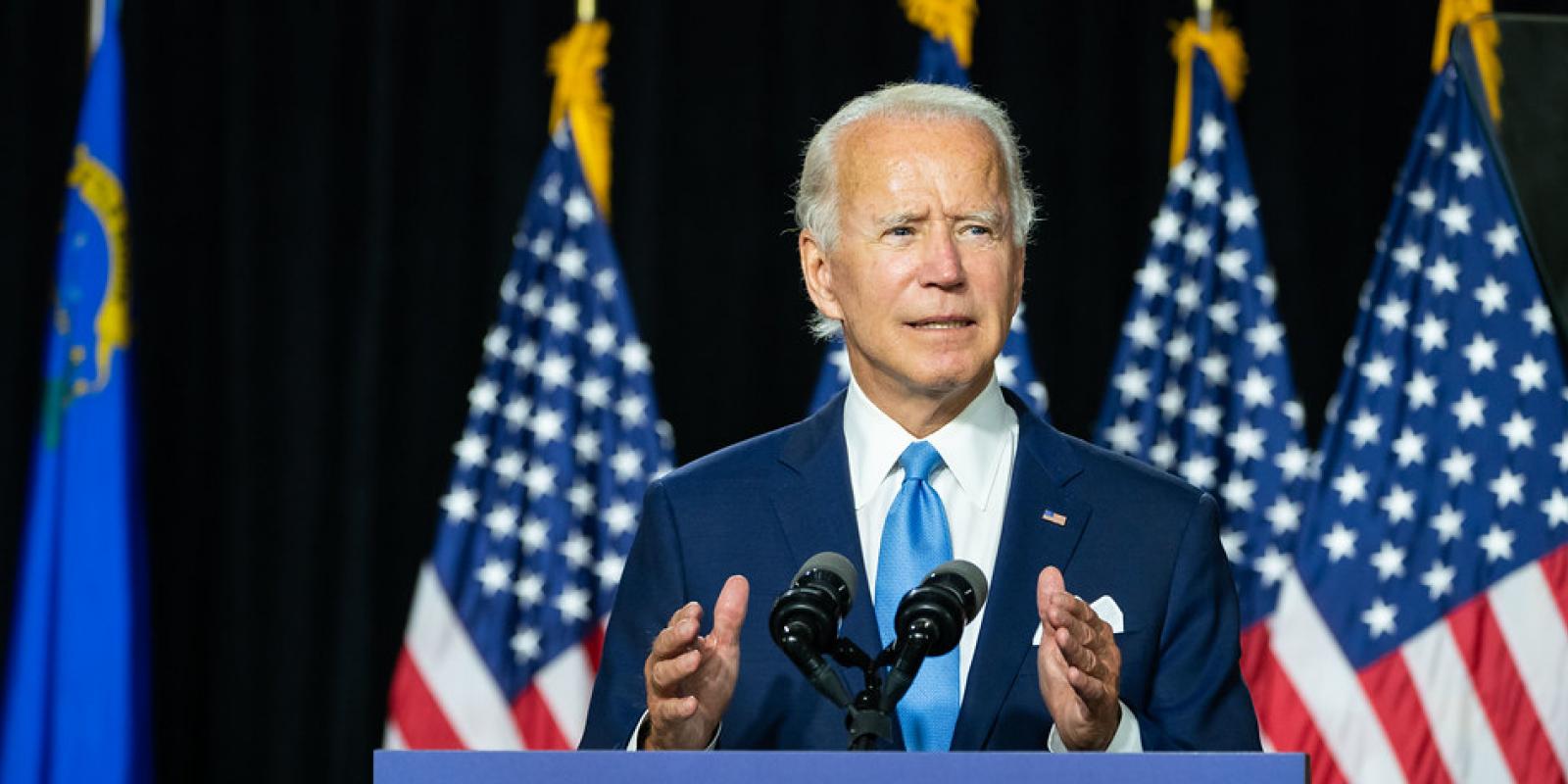Over the past several decades we’ve made remarkable advances in medical treatments and preventive care for serious and terminal diseases. As a result, people are living longer, often with a better quality of life. However, when it comes to how we die, our public policies have not kept pace, and consequently, the end of one’s life is often riddled with far too much unnecessary suffering.
The COVID-19 pandemic has shed light on the inadequacies in our nation’s end-of-life care policies. For example, a lack of awareness and attention placed on advance care planning leaves doctors and loved ones to make uninformed, agonizing life-altering decisions. People with terminal illnesses are spending precious time at endless doctor’s appointments for care that could be effectively delivered remotely. A lack of truly informed decision making is often resulting in endless treatments that unintentionally and unknowingly rob people of meaningful quality of life.
And the worst part: these treatments have little to no impact on how long one lives. Inadequacies in our healthcare system are even more pronounced among racially and ethnically diverse communities, and must be addressed.
As the new Administration charges forth in its first 100 days, we offer three critical ways it can immediately, positively impact end-of-life care for all populations, particularly those that are medically vulnerable:
Support legislation that makes permanent key healthcare provisions from the ‘‘Coronavirus Aid, Relief, and Economic Security Act” or “CARES Act” (H.R. 748).
This bipartisan law helps ensure more Americans, particularly those who are most medically vulnerable, can access quality healthcare, without having to spend their final days and months burdened by countless doctor’s appointments, or even worse, unable to access care at all.
These key provisions include:
- Use of telehealth to certify and recertify hospice eligibility for people on Medicare.
- Use of Health Resources and Services Administration (HRSA) grant programs that promote telehealth technologies for healthcare delivery, education and health information services for people living in rural areas.
- Waiving of the deductible for telehealth and other remote health services for most employer health plans.
- Expanding telehealth use for federally qualified health centers that provide care to underserved populations and rural health clinics.
- Expanding the type of providers allowed to conduct and bill for telehealth visits to include advanced practice registered nurses, registered nurses, nurse assistants and licensed vocational nurses for Medicare beneficiaries.
Permanently vacate the proposed rule, “Protecting Statutory Conscience Rights In Health Care (83 FR 3880),” from the U.S. Department of Health and Human Services.
This rule will significantly and unjustly harm patients by creating fundamental barriers to their ability to seek many legal end-of-life care options, such as voluntarily stopping eating and drinking; palliative sedation and even the withdrawal of life-sustaining treatment. The proposed rule would mean vulnerable individuals at the end of life, and their loved ones, must now worry that medical providers will refuse to honor their healthcare decisions or decline to provide them the information they need to make an informed medical decision.
‘We urge you to reinstate the patient self-determination act in its entirety.’
Another danger in the proposed rule is that it expands the definition of “referral” to include providing information. This means doctors could even object to transferring a patient’s medical record, leaving the patient without the ability to secure another doctor to carry out their preferences. Under this rule, federal tax dollars could then be used to protect the physicians who willfully mislead and abandon patients.
The rule is such a concern that 23 attorneys general across the country are litigating its constitutionality. Compassion & Choices submitted comments to the Federal Register in response to this proposed rule. The Ninth Circuit Court of Appeals recently delayed arguments on a legal challenge to this rule, in order to afford the new Administration time to assess the rule and its implications. We urge the new leadership at HHS to vacate the rule.
Reverse the waiver of the 1980 Patient Self-Determination Act that requires hospitals to inform patients about their advance directive policies and their right to refuse treatment.
The Centers for Medicare & Medicaid Services (CMS) waived the requirement as part of the COVID-19 Emergency Declaration Blanket Waivers for Health Care Providers. This waiver sets a dangerous precedent toward reversing the past three decades of public policy in which patients have been demanding—and receiving—a greater voice in their end-of-life care, starting with the adoption of 1990’s Patient Self Determination Act. Providing such flexibility encourages rationing of care by providers and removes the decision-making power of patients. We urge the Administration to reinstate the patient self-determination act in its entirety. Compassion & Choices submitted this letter to the former Secretary of Health and Human Services outlining our concerns about the waiver.
We appreciate the momentous task before President Biden and urge his Administration to address these challenges within his first 100 days—to alleviate needless suffering and increase personal autonomy and agency at life’s end.
Kim Callinan is president and CEO of Compassion & Choices.













